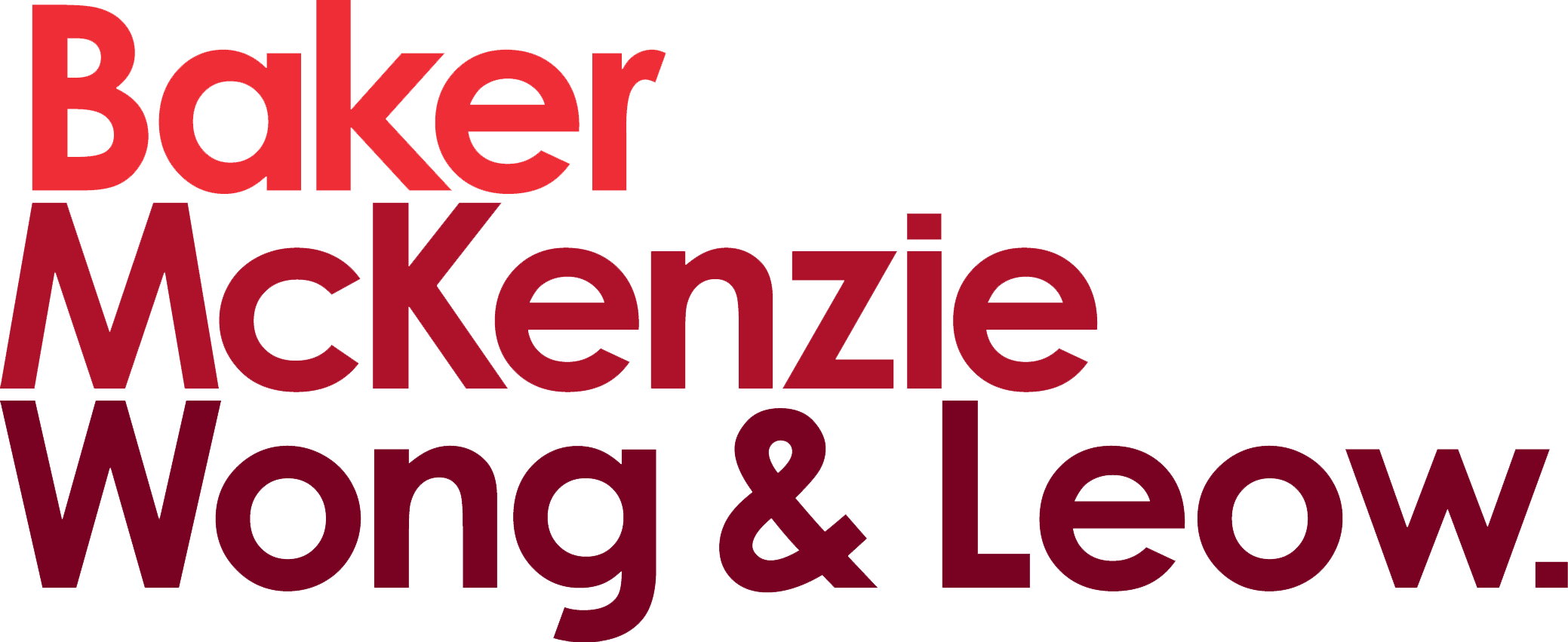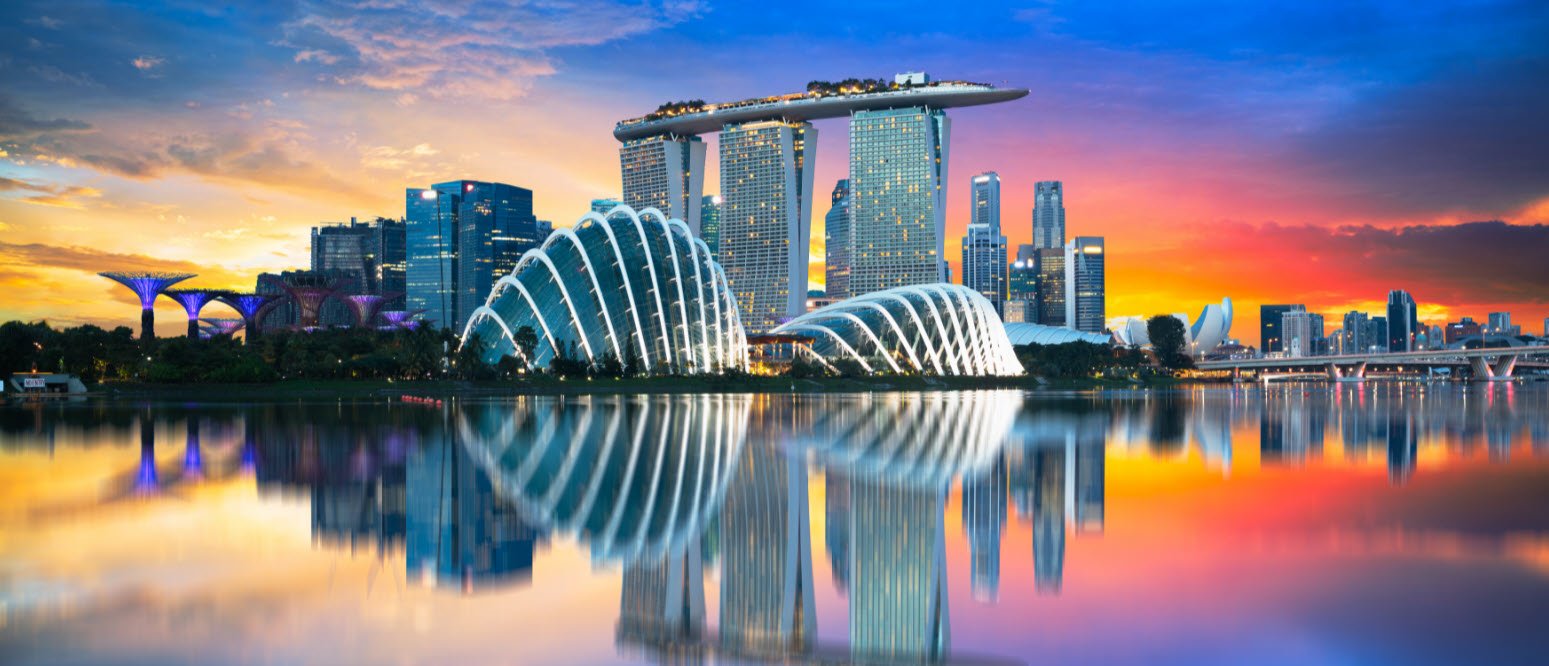In brief
In March 2022, the Health Sciences Authority (HSA) released its revised Health Supplements Guidelines (“HS Guidelines“). This is accompanied by sets of brand new guidelines regarding (i) claims and claims substantiation; (ii) labelling standards; and (iii) safety and quality standards, which were also released on March 2022.
Key takeaways
- While there are currently no registration or licensing requirements in relation to the import, manufacture or sale of health supplements, dealers must comply with the HSA’s various guidelines before being able to supply them in Singapore. The introduction of these new guidelines therefore offer welcome clarification of the key obligations that must be fulfilled by dealers of health supplements.
- The introduction of these new guidelines also signal a shift towards a more comprehensive regulatory regime. This complements the HSA’s track record in surveilling, and taking enforcement action against non-compliant health supplement dealers and products. We covered instances of these efforts in our recent newsletters here and here.
- Companies would therefore do well to conduct audits of their ingredients, efficacy, test requirements and claims to ensure that their existing products, labels and advertisements conform to these new standards, while also bearing these new guidelines in mind for future products, labels and advertisements.
In more detail
In March 2022, the Health Sciences Authority (HSA) released its revised Health Supplements Guidelines (“HS Guidelines“). This is accompanied by sets of brand new guidelines regarding (i) claims and claims substantiation; (ii) labelling standards; and (iii) safety and quality standards, which were also released on March 2022.
Revised HS Guidelines
The HS Guidelines provide a high-level regulatory overview of key requirements governing the import, manufacture and sale of health supplements in Singapore. In its latest set of revisions, the HSA has since offered greater clarity on the classification of health supplements containing vitamins and/or minerals. In a new flowchart annexed to the HS Guidelines, the HS Guidelines list various factors that would determine the classification of a health supplement containing vitamins and/or minerals as a Complimentary Health Product, a Quasi-Medical Product, or one which requires a further classification enquiry to be sent to the HSA. Such factors include whether the product in question:
- Contains vitamins(s) and/or mineral(s) as an active ingredient
- Contains an active ingredient intended as a source of vitamin(s) and/or mineral(s)
- Is labelled as a vitamin and/or mineral supplement
- Contains health claim(s) attributable to the vitamin(s) and/or mineral(s) present in the product
- Contains at least a 50% proportion of vitamin(s) and mineral(s), which is calculated based on the number of active ingredients against the number of total ingredients present in the product
This, in turn, will determine whether a product is required to comply with any further regulations. For example, dealers in health supplements that have been classified as Quasi-Medicinal Products will require a valid permit before publishing any medical advertisements or conducting any sales promotion activities.
New Guidelines for Claims and Claims Substantiation of Traditional Medicines and Health Supplements (“Claims Guidelines”)
The Claims Guidelines are intended to provide guidance on the scope of acceptable health claims that may be used in traditional medicines and health supplements in Singapore, and the evidence required to substantiate them.
They also provide a list of general principles that health claims must adhere to in order to ensure that products do not convey misleading messages that could lead to inappropriate use of the product or bring about undue harm to the public. These general principles include, among others, restrictions on health supplement and traditional medicine dealers from:
- Making claims that are misleading in any way or otherwise imply that the product has properties and benefits beyond that of a traditional medicine or health supplement
- Using terms such as ‘Proven by Clinical Trials’ or ‘Clinically Proven’, or scientific data to imply a greater validity than the product can provide for the general population
- Giving the impression that the claims represent advice or recommendations from healthcare professionals
- Using testimonials by healthcare professionals, recommendations or endorsements from celebrities, or giving the impression of advice or support from a celebrity
- Using claims to arouse fear or exploit public superstition
- Implying that the product is infallible, miraculous or that it guarantees efficacy or safety
- Making claims that cast doubt on the nutritional properties of food or that consumption of the product can substitute a healthy lifestyle
- Making references to the prevention and reduction of stress; improvement of IQ or academic performance in studies; or effects on anti-aging, sexual function or hormonal levels
New Guidelines for Labelling Standards of Traditional Medicines and Health Supplements (“Labelling Guidelines”)
The Labelling Guidelines are intended to guide companies on the labelling standards of traditional medicines and health supplements in Singapore. To this end, the Labelling Guidelines differentiate between the various categories of product labels (i.e., outer labels, inner labels, small labels, and strip/blister pack labels), and provide a table setting out the information that must be included for each product label type and leaflet.
New guidelines relating to safety and quality standards
Finally, the HSA released a series of guidelines that collectively stipulate safety and quality standards that health supplements and traditional medicines must adhere to. These comprise of:
- Guidelines for Establishing the Safety of Ingredients of Traditional Medicines and Health Supplements, which set out the scope of permissible active ingredients, and safety substantiation requirements of said ingredients
- Guidelines for Manufacturing Standards of Traditional Medicines and Health Supplements to ensure that products are consistently produced to the quality standards appropriate for their intended use
- Guidelines for Physical Test Parameters based on Dosage Forms of Traditional Medicines and Health Supplements
- Guidelines for Testing Requirements of Traditional Medicines and Health Supplements to ensure that products stay within stipulated heavy metal, microbial and poisons limits, and are free of adulterants
A more comprehensive health supplements regulatory regime
The health supplement market in Singapore is projected to grow into a SGD 740 million industry by 2024.
For many years, health supplements regulation in Singapore had been governed by a single set of guidelines. Consequently, the introduction of these new sets of guidelines represents a marked shift towards a regulatory regime with clearer do’s and don’ts; heightened compliance requirements; and greater regulatory scrutiny.
As the COVID-19 pandemic and the modern lifestyle continue to drive market demand for health supplements, and opportunities to market products on e-commerce platforms flourish due to digital transformation, companies would do well to conduct audits of their ingredients, efficacy, test requirements and claims to ensure that their existing products, labels and advertisements conform to these new standards. They should also bear these new guidelines in mind for future products, labels and advertisements.

© 2022 Baker & McKenzie.Wong & Leow. All rights reserved. Baker & McKenzie.Wong & Leow is incorporated with limited liability and is a member firm of Baker & McKenzie International, a global law firm with member law firms around the world. In accordance with the common terminology used in professional service organizations, reference to a “principal” means a person who is a partner, or equivalent, in such a law firm. Similarly, reference to an “office” means an office of any such law firm. This may qualify as “Attorney Advertising” requiring notice in some jurisdictions. Prior results do not guarantee a similar outcome.



